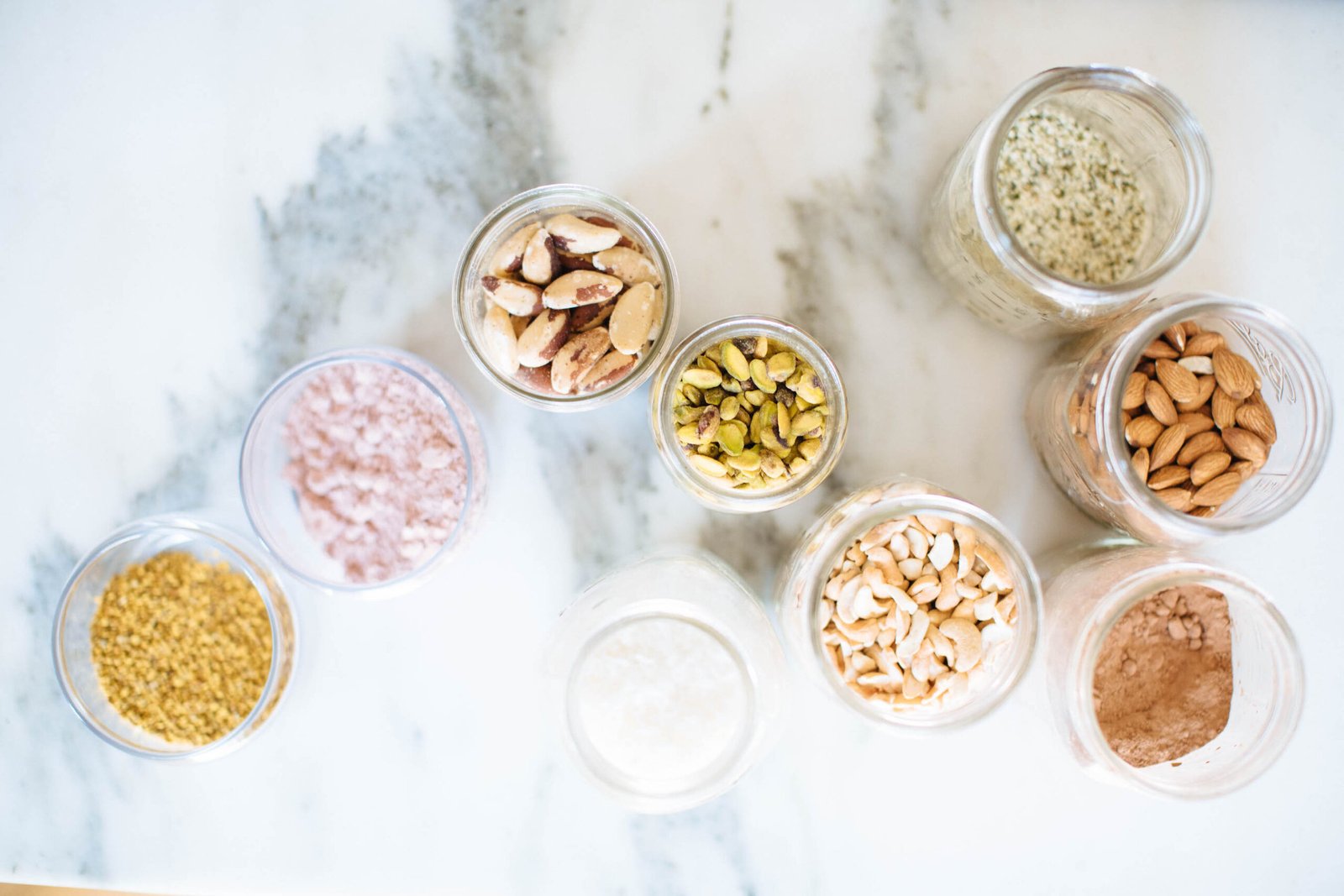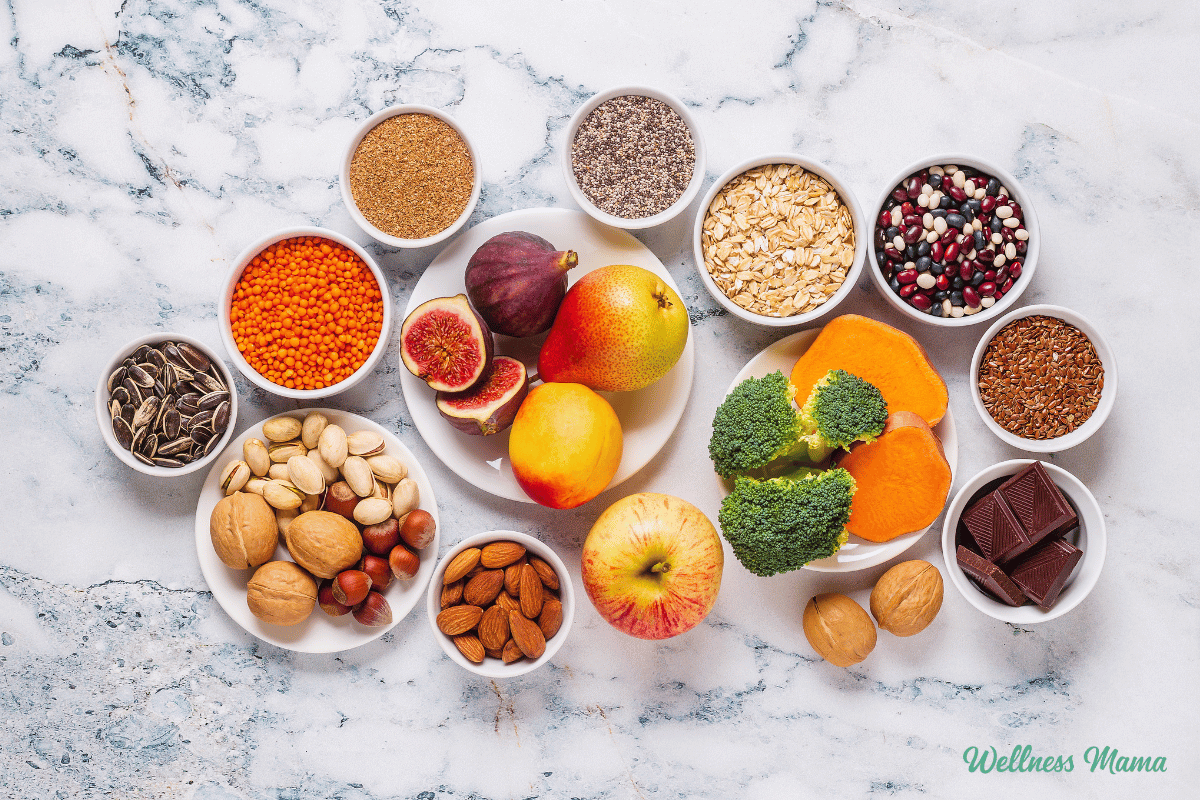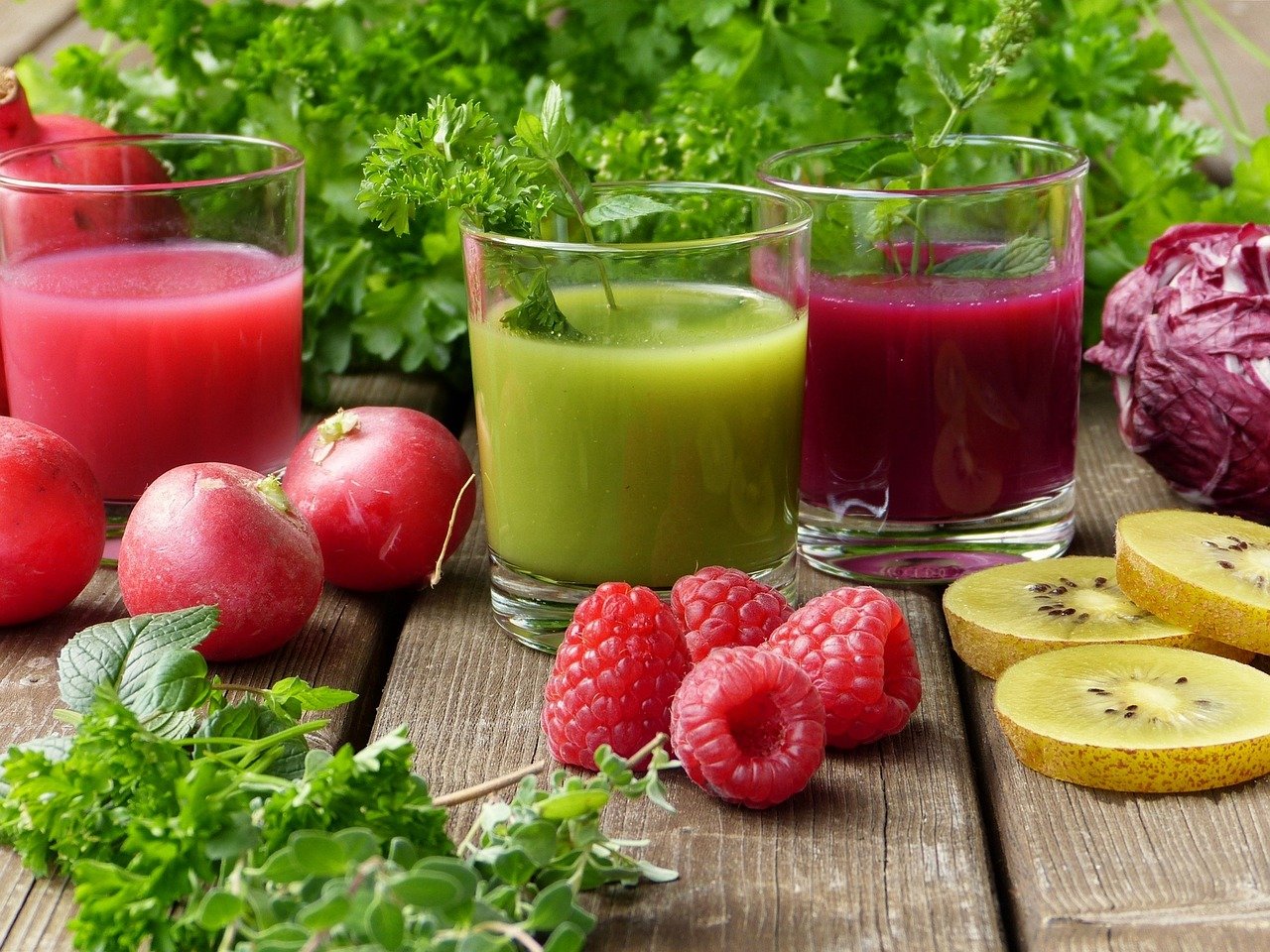A fiber-rich diet offers numerous benefits for your overall wellbeing, and one of the key things you can do to improve your gut health is to focus on including ample amounts of dietary fiber in your diet. Fiber-rich foods have benefits such as improved digestion, better weight management, and a lower risk of certain diseases. In this article, we will explore the different types of fiber, their sources, the recommended daily intake of fiber, and the role of fiber in digestion.
Understanding Dietary Fiber: What You Need to Know
Incorporating dietary fiber into your diet is crucial for maintaining optimal gut health. There are two main types of fiber: soluble fiber and insoluble fiber. Soluble fiber, found in foods like oatmeal, nuts, seeds, and beans, dissolves in water and forms a gel-like substance in the digestive tract. This type of fiber helps slow down digestion, promotes feelings of fullness, lowers cholesterol levels, and manages blood sugar levels by slowing the absorption of carbohydrates. On the other hand, insoluble fiber, found in foods like whole-wheat bread, vegetables, and bran, adds bulk to the stool, promotes regular bowel movements, and helps maintain pH balance in the colon while supporting the growth of healthy gut bacteria.
It is important to include a variety of fiber sources in your diet to support optimal gut health. Some examples of fiber-rich foods include fruits like apples, berries, and bananas, vegetables like broccoli, cauliflower, and carrots, whole grains like oatmeal, quinoa, and brown rice, legumes like lentils, chickpeas, and black beans, and nuts and seeds like almonds, chia seeds, and flaxseeds.
The Benefits of a Fiber-Rich Diet
A high fiber diet offers numerous benefits, such as improved digestion, weight management, and a reduced risk of certain diseases. Fiber helps with digestion by adding bulk to the stool, making it easier to pass through the digestive system and preventing constipation. By promoting regular bowel movements, fiber helps eliminate waste products from the body, supporting a healthy gut.
High fiber foods are also more filling, helping you feel satisfied for longer periods and aiding in weight management and weight loss by reducing snacking on unhealthy foods. Fiber can also help stabilize blood sugar levels, particularly important for individuals with diabetes, and has a positive impact on cardiovascular health by reducing cholesterol levels and lowering the risk of heart disease and stroke.
Examples of High Fiber Foods include apples, bananas, oranges, strawberries, raspberries, broccoli, carrots, spinach, sweet potatoes, Brussels sprouts, brown rice, quinoa, whole wheat bread, oatmeal, barley, lentils, chickpeas, kidney beans, black beans, peas, almonds, chia seeds, flaxseeds, sunflower seeds, and pistachios.
Top Sources of Dietary Fiber
If you are looking to increase your daily fiber intake, incorporating fiber-rich foods into your diet is essential. Some top fiber sources to include in your meals are apples, broccoli, brown rice, chickpeas, chia seeds, berries, carrots, quinoa, lentils, almonds, oranges, spinach, oatmeal, black beans, and flaxseeds.
Remember that each person’s fiber needs may vary based on factors like age, gender, and lifestyle. Consulting with a registered dietitian can help you determine your specific fiber needs and how to incorporate fiber-rich foods into your meals.
Soluble Fiber: The Gut-Healthy Superstar
Soluble fiber is a type of dietary fiber that dissolves in water and forms a gel-like substance in the digestive tract. This type of fiber helps slow down the digestion process, regulate nutrient absorption, and acts as a prebiotic, feeding beneficial bacteria in the gut. Foods rich in soluble fiber include oats, flaxseeds, Brussels sprouts, sweet potatoes, lentils, oranges, and carrots.
Incorporating these high fiber foods into your diet can increase your soluble fiber intake and support a healthy gut. When grocery shopping, be sure to add some of these items to your cart to boost your soluble fiber consumption.
Insoluble Fiber: The Digestive Support You Need
If you struggle with irregular bowel movements or constipation, incorporating insoluble fiber into your diet can help. Insoluble fiber adds bulk to the stool, acting as a natural laxative and promoting regular bowel movements. Additionally, insoluble fiber can help prevent intestinal blockages, reduce the risk of hemorrhoids, and aid in diverticulitis prevention. Good sources of insoluble fiber include whole wheat pasta, whole-grain bread, bran flakes, green beans, celery, carrots, and zucchini.
By including these high fiber foods in your diet, you can provide your body with the digestive support it needs to maintain optimal gut health. Consider adding whole grains to your meals, snacking on fresh veggies, or swapping white bread for whole-grain varieties to increase your insoluble fiber intake.
Fiber Supplements: When and How to Use Them
While getting nutrients from food is ideal, sometimes you may need additional support to meet your recommended daily intake of fiber. Fiber supplements can be a convenient way to boost your fiber intake when unable to eat enough fiber-rich foods. However, it’s essential to remember that supplements should not replace a healthy, balanced diet and should only complement your existing diet.
When to Use Fiber Supplements:
– If you struggle to meet your recommended daily fiber intake through food alone
– If you have medical conditions like irritable bowel syndrome (IBS) or take medications that affect digestion
– Consult with a doctor or registered dietitian before adding fiber supplements to your daily routine, especially if you have underlying medical conditions.
How to Use Fiber Supplements:
Choose soluble or insoluble fiber supplements based on your dietary needs
Gradually introduce fiber supplements to avoid digestive issues
Recommended Daily Intake of Fiber:
Adult men should aim for 38 grams of fiber per day, and adult women should aim for 25 grams per day
Include a variety of high fiber foods in your diet, not just supplements, for maximum benefits
Incorporating Fiber into Your Daily Meals
To increase your fiber intake, focus on incorporating high fiber foods into your meals. Some tips to create a balanced and fiber-rich diet include:
Choosing whole grain options over refined grains
Adding fruits and vegetables to every meal
Experimenting with legumes for protein and fiber
Incorporating nuts and seeds for an extra fiber boost
Trying fiber-rich recipes like soups, stews, salads, and smoothies
By trying different high fiber foods and recipes, you can create a delicious and nourishing diet that supports optimal gut health. Remember to meet the recommended daily intake of fiber to ensure your digestive system functions optimally.
The Role of Fiber in Digestion
Dietary fiber plays a vital role in digestion by aiding in nutrient absorption and waste elimination. By adding bulk to the stool, fiber promotes regular bowel movements, preventing constipation. Soluble fiber, found in oats, legumes, and fruits, helps slow down glucose absorption, managing blood sugar levels, and supporting a healthy gut microbiome. A fiber-rich diet, including whole grains, fruits, vegetables, nuts, and seeds, can provide the necessary fiber for optimal gut health and a reduced risk of colon cancer.
In conclusion, incorporating dietary fiber into your meals is essential for maintaining optimal gut health. By consuming high fiber foods, you can reap the benefits of improved digestion, weight management, and disease prevention. Remember to include a variety of fiber sources in your diet and meet the recommended daily intake of fiber to support a healthy digestive system. Start today by making high fiber foods a staple in your diet to nourish your gut and enhance your overall wellness.
Related Products
-
Sale!

aSquared Nutrition Nicotinamide with Resveratrol – 120 Veggie Capsules – Vitamin B3 500mg (Niacinamide Flush Free) – Supplement Pills to Support NAD, Skin Cell Health & Energy
Original price was: $34.95.$27.95Current price is: $27.95. Buy Now -

Hemp Gummies Hemp, Tested by 3 rd Party for Adult 2432 0302
$8.99 Buy Now -

HUM Daily Cleanse Acne Supplements – Support for Clear Skin & Improved Digestion with Organic Algae, Detoxifying Herbs, Vitamins & Minerals – Skin Supplement for Women and Men (60 Vegan Capsules)
$25.99 Buy Now











